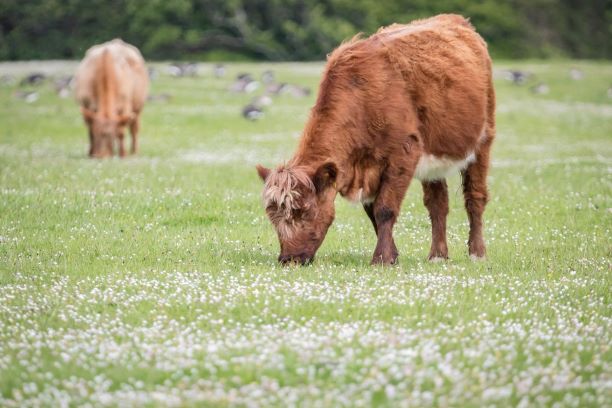Our guest blog is by Philip Lymbery, Global Chief Executive of Compassion in World Farming, one of the founding members of the Alliance to Save our Antibiotics
Whilst the threat posed by viruses has dominated headlines recently, a new report by the Alliance to Save our Antibiotics shows public health is being seriously undermined by the overuse of antibiotics in intensive animal farming.
Factory farming provides a perfect breeding ground for diseases, be they viral or bacterial, the latter leading to the overuse of antibiotics in intensive animal rearing.
Decades of overuse of antibiotics in industrial animal agriculture has contributed to the rise in antibiotic-resistant superbugs and the very real prospect that antibiotics could be rendered ineffective in the future.
Sadly, the report shows that governments and farmers around the world are failing to tackle the issue, meaning that as many as 10 million people a year could be dying from antibiotic-resistant infections by 2050.

Trade deals between post-Brexit Britain and countries such as US, Australia, New Zealand and Canada, could make things worse instead of better. The Alliance’s new report finds that the US, Australia, New Zealand and Canada, which are all in trade negotiations with the UK, give antibiotics to farmed animals to make them grow faster, a practice which has been illegal across the EU since 2006. In 2022, the EU will ban the importation of meat and dairy produced in this way. The UK government has yet to commit to implementing the ban.
Those involved in industrial agriculture have long been in denial about the problem of overusing antibiotics in animal farming and its potential for serious consequences for our health.
As far back as the 1950s, farmers found that the use of antibiotics came with the additional benefit of boosting growth rates, which along with the use of hormones, helped fatten animals faster, adding to their profits.
Back then those who argued against feeding antibiotics to animals were greeted with guffaws, as happened in 1953 to one MP, Dr Barnett Stross, when he objected during a debate in Parliament, saying “If pigs are fed this way, new types of bacteria may evolve and thrive which are resistant to the penicillin that the pigs are eating regularly in their food …”.
The UK Health Minister at the time advised there could be “no adverse affect whatsoever upon human beings”.
By World Health Day 2011, the Directorate General of the World Health Organisation (WHO) warned of a “post-antibiotic era, in which many common infections will no longer have a cure and once again, kill unabated”. If that happens there will be no effective treatment for killer diseases like typhoid, tuberculosis, pneumonia, meningitis, tetanus, diphtheria, syphilis and gonorrhoea or of new diseases that may emerge.
Today a staggering 66% of the world’s antibiotics are fed to farm animals, largely to ward off the diseases of factory farming.
The last thing the world needs is a post-antibiotic era hastened by overuse on factory farms where currently treatable diseases could once again kill.
Keeping animals in factory farmed conditions is not only cruel and unnecessary, it also risks the future health of us all.
It is but another example of how treating sentient creatures as if mere commodities is like playing Russian Roulette with people’s health.
Philip is Global Chief Executive of Compassion in World Farming. Read about their work here.
Photo credits: Compassion in World Farming/Richard Dunwoody and Philip Lymbery.

